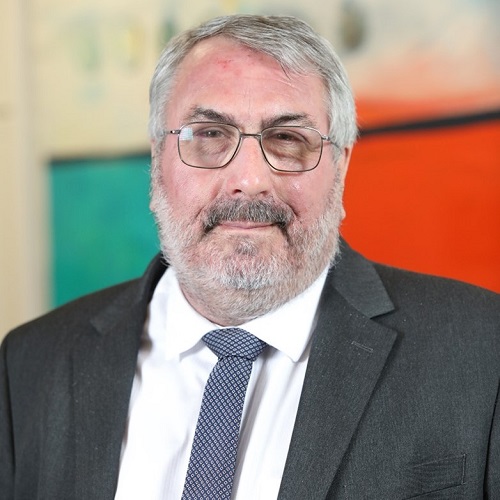Wrexham academics supporting revolutionary flat fibre project

Date: Tuesday, February 6, 2024
Wrexham University is supporting a £2.2million project, which will investigate how making optical fibre sensors ‘flat’, instead of circular, could transform the manufacturing of high value composite materials.
Prifysgol Wrecsam/Wrexham University is working alongside University of Southampton, who are the lead institution for the three-year project, as well as University of Bristol, University of Nottingham, University of Warwick and University of Herefordshire, with the aim of making composite manufacturing more efficient and sustainable.
Composites are produced by bringing together two or more materials such as plastic, carbon fibre, ceramics and glass, to produce properties which cannot be achieved by the individual components alone. They are widely used in aircraft, cars, boats, wind turbine blades and in structures such as bridges because they can be lighter, stronger and more durable than conventional materials.
Composites play a pivotal role in aircraft manufacturing, for example, by increasing performance and carbon efficiency, whilst providing opportunity to reduce costs.
However, manufacturers need to understand more about composites during their manufacturing stage, as well as how they perform throughout their lifetime. Sensors can provide these insights.
Flat fibre sensors fitting snugly inside composites have the potential to uniquely monitor whether the material is fit for purpose and will keep its strength while it is being used. They may even be able to feed into the manufacturing process to optimise the performance of the component and predict when it is likely to fail.
Dr Christopher Holmes, who is based at the Optoelectronics Research Centre (ORC) at the University of Southampton, is heading up the project.
Richard Day, Professor of Composites Engineering and Pro Vice Chancellor for Research at Wrexham University, who is leading on the Wrexham element of the project, said: “I am delighted to be part of this programme of research which has grown out of an initial short collaboration with the universities of Southampton, Bristol and ourselves.
“The ability to make and employ fibre optic sensors, which are capable of having directional sensing opens up huge areas of understanding in composites and beyond.
“For us, it is the ability to measure and control stresses in a microwave environment with a view to manufacturing large lightweight mirrors, which is key and will enable a new direction in our research with high potential impact.”
During the span of the project, the team at ORC will develop the flat fibre sensors in their Zepler cleanrooms – its state-of-the-art multidisciplinary centre for materials and device research in electronics, photonics and nanotechnology – in collaboration with manufacturing at the Bristol Composite Institute, University of Bristol.
Then researchers at Wrexham University, as well as Nottingham, Warwick and Herefordshire will go on to use the new sensors to develop case studies. aligned with industry partners.
Wrexham University academics will be utilising the facilities at the Advanced Composite Training and Development Centre, a state-of-the-art laboratory that enables such research.
Dr Holmes added: “The leverage of interdisciplinary expertise is fundamental if we are to successfully revolutionise composite material manufacture.
“The University of Southampton has fantastic cleanroom capabilities and a strong reputation in pioneering optical fibre fabrication and our colleagues have comprehensive knowledge of composites and their applications. Our joint research on flat fibre sensors could transform the ultimate performance of composite structures.”
The project is being funded by the Engineering and Physical Sciences Research Council (EPSRC).